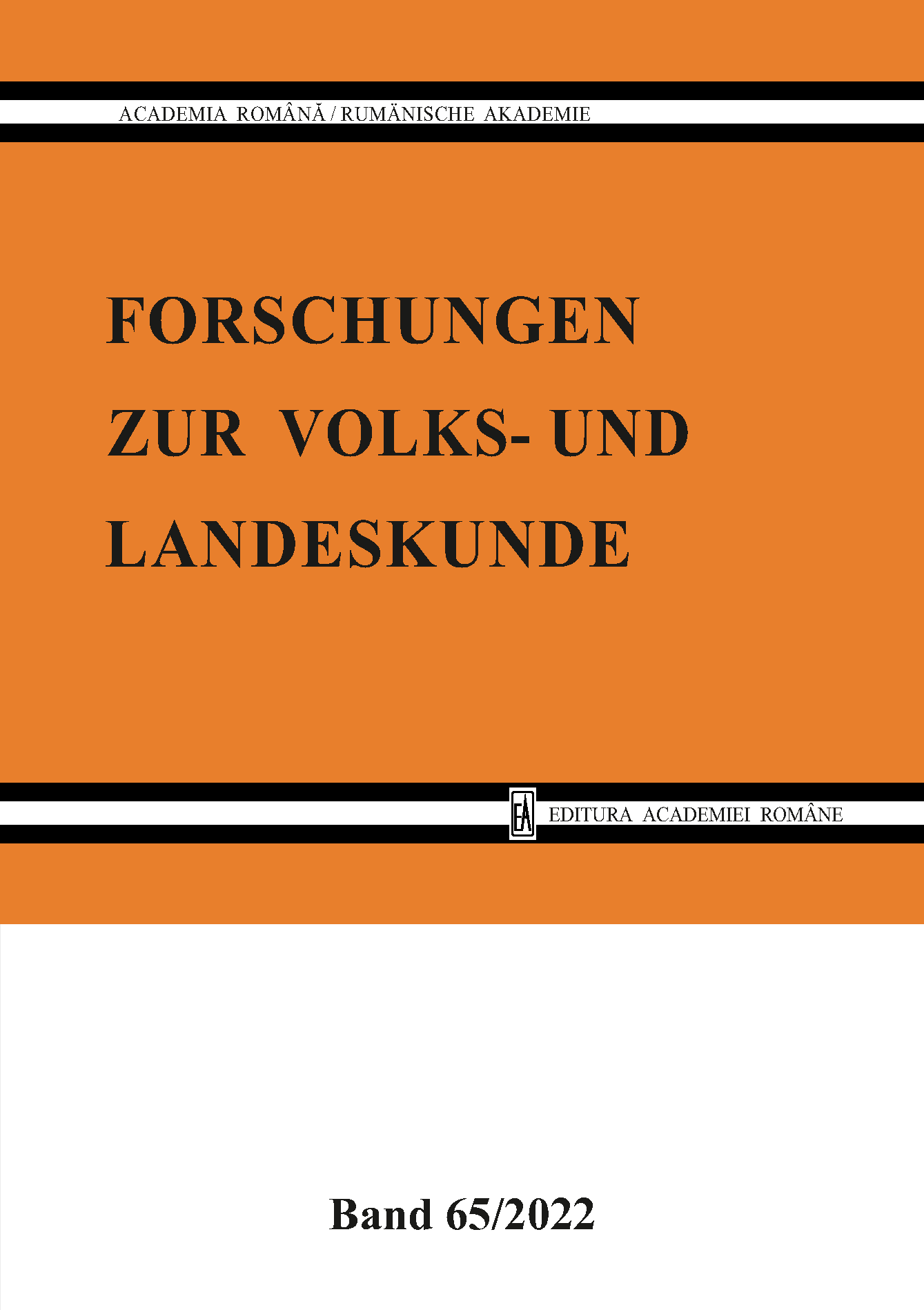EHESTREITIGKEITEN IM KISDER KAPITEL (1676–1765)
Marital Quarrels in Saschiz Chapter (1676‒1765)
Author(s): András BándiSubject(s): Local History / Microhistory, 17th Century, 18th Century
Published by: Editura Academiei Române
Keywords: Marriage; engagement; divorce; repudiation; Lutheran Chapter;
Summary/Abstract: The debate on marital quarrels between both married and engaged partners was one of the important functions performed by the evangelical chapters in Transylvania. Papal and royal privileges in the sense were issued in the 16th century, and the actual activity of the marital courts is attested from the next century. The 17th century introduces a new player in the treatment of matrimonial proceedings within the Evangelical Church of C. A. in Transylvania: the institution of the superintendent based in Biertan. In time, only the Sibiu Chapter could preserve its right to rule on the dissolution of marriages, while the other chapters functioned as the first instances in charge of sorting cases according to the degree of possibility of reconciliation between the parties, the final verdict on divorces being taken over by the superintendent. The Reformation's – and especially Martin Luther's – vision of marriage was that it belonged fully in the hands of secular authorities, and so did the judgment of marriage, the annulment of engagements and the divorce. But the authorities appealed back to the Church, the result being some mixed consistories, composed of jurists and theologians, who treated the subject in the same way as before the Reformation. In Transylvania no mixed forums were set up, here the chapters continued to deliberate on this subject. From the archives of the Saschiz Chapter we have a compact register of matrimonial proceedings. Its analysis resulted in observing how the institution of Roman repudiatium, the unilateral denunciation of marriage under certain conditions, was instrumentalized by the German and Transylvanian Protestant canonists in order to prevent and reduce the number of divorces. In this new context, the repudiation becomes the annulment of the engagement and serves to prevent the conclusion of a marriage which has proved problematic since the engagement. The effect of this instrument is confirmed by the cases debated by the members of the Saschiz Chapter, where the number of repudiations slightly exceeds the number of divorces. This was well known among those involved, the only confusion being that many did not realize that only the engagement could be terminated unilaterally. The study of the documents also highlighted the fact that the conciliation continued during the trials, resulting in the joint requests for cancellation or dissolution, respectively in the mutual agreement to drop the charges.
Journal: Forschungen zur Volks- und Landeskunde
- Issue Year: 2022
- Issue No: 65
- Page Range: 33-55
- Page Count: 23
- Language: German
- Content File-PDF

